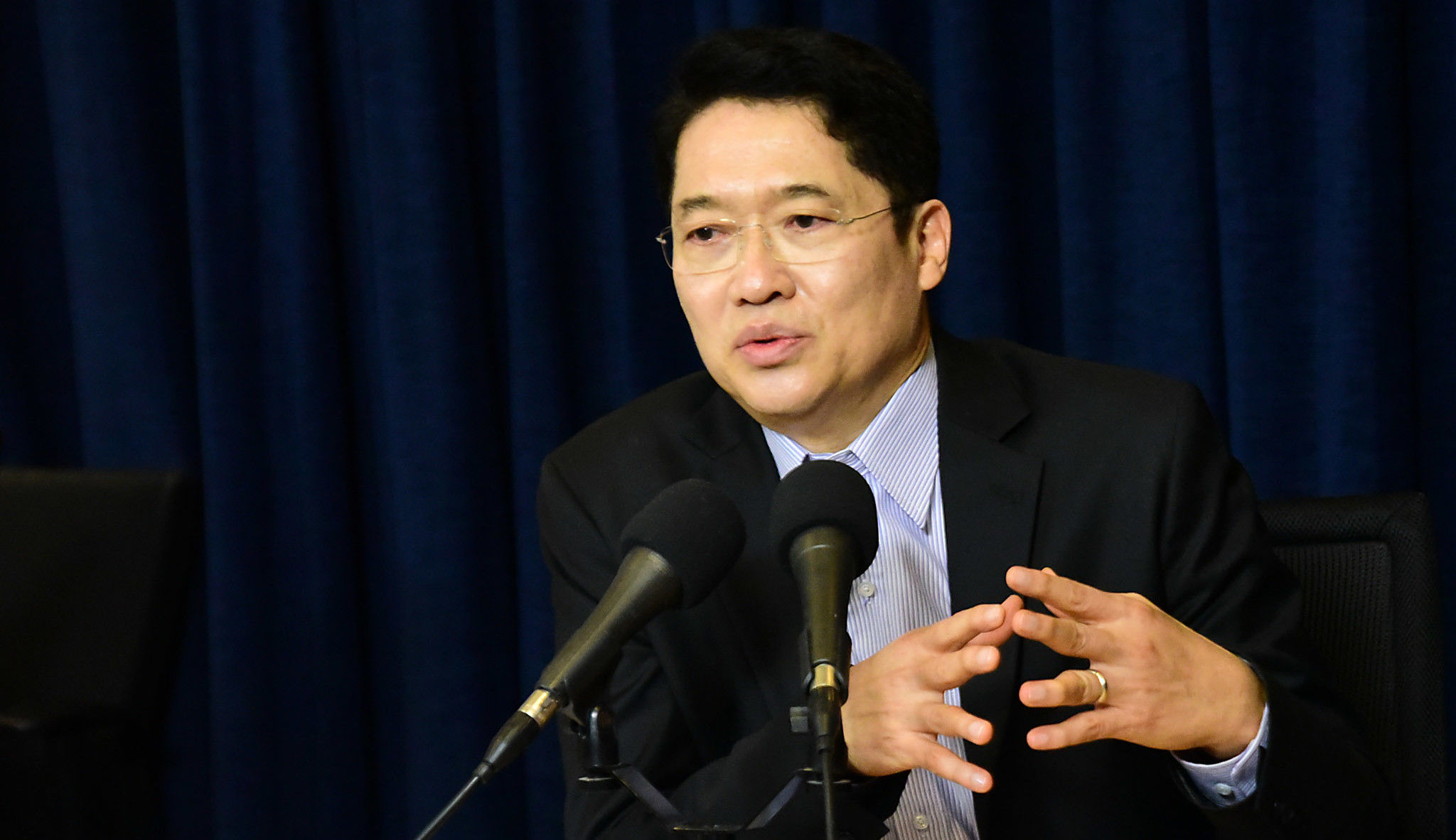Representatives from both the Pheu Thai and Democrat parties have called for the promulgation of the recently amended Computer Crimes Act to be delayed, so that its controversial changes can be rethought.
For Surapong Tovichakchaikul, a leader of the Pheu Thai party, the Computer Crimes Act will never succeed in preventing netizens from using technology and the internet for dissenting purposes.
Amendments to the Act that were unanimously approved by Thailand’s junta-appointed legislature, the National Legislative Assembly, on 16 December now grant authorities sweeping powers to control and censor online content.
In
a statement made on 24 December, the former foreign minister elaborated his view that the Thai state’s relatively underdeveloped technological capacities, such as its protective software and database systems, cannot compete with the expertise of a younger generation.
Rather than repression, he advises the junta to delay the promulgation of the Computer Crimes Act in order to engage dissenting groups in processes of consultation. The aim of such dialogue would be to produce regulations on computers and the web that can be supported by all.
Surapong’s statement comes in the wake of
a series of cyberattacks on Thai government websites in protest of the Act. The ‘hacktivist’ group Thailand Internet Firewall has also threatened to reveal corruption cases in the family of Gen Prayut Chan-o-cha, the junta head, by 26 December.
Surapong Tovichakchaikul (Photo from Matichon Online)
But Ong-Art Klampaiboon, deputy head of the Democrat Party, has pointed out that delaying the Computer Crimes Act would require Gen Prayut Chan-o-cha, the junta head, to invoke absolute authority under Article 44 of the interim constitution.
Since the Act has already passed through the legislature, Ong-Art is unsure anything short of the junta’s intervention could delay its promulgation. Specifically, Ong-Art voiced concern over the actions of ‘hacktivists’, and advised they concentrate on publicising their reasons behind rejecting the Computer Crimes Act rather than escalating conflict.
Still, Ong-Art urges the junta to clear misunderstandings surrounding the Computer Crimes Act, if it is confident that the enforcement of the law will not violate the rights of citizens.
This article has been translated to English from a Thai version originally published on Matichon Online.
Ong-Art Klampaiboon (Photo from Matichon Online)


